Lebanon’s new govt. wins confidence vote, vows to liberate Israeli-occupied territories
Lebanon's new government has managed to secure a vote of confidence from the parliament, putting an end to a 13-month political deadlock that worsened the financial crisis gripping the Mediterranean country.
Following a parliamentary session on Monday, 85 Lebanese lawmakers voted for Prime Minister Najib Mikati's cabinet while 15 voted against it.
The remaining 17 MPs were not present during the voting session, which was hit by a power outage and lasted for more than seven hours.
Mikati has drawn up a policy program aimed at reviving talks with the International Monetary Fund (IMF) on a bailout package to purportedly rescue the debt-ridden country from its worst economic meltdown in history.
The program also involves controversial reforms that donors want to see before they unlock foreign assistance.
"From the heart of the suffering of Beirut ... our cabinet was born to light a candle in this hopeless darkness," Mikati said in his speech.
“We will immediately begin the reform file. We have actually begun discussions with the International Monetary Fund… This issue is not an option but a mandatory passageway that must succeed in order to serve as the first foundation toward salvation and the right way for Lebanon’s revival,” he said.
Referring to the ailing electricity sector, the Lebanese premier underlined the need for raising electricity tariffs and increasing supply and production.
He further promised that the government would thrash out a plan to restructure the banking sector and revitalize the economy saddled with over $90 billion in public debt.
Paralyzed by severe fuel shortages and wide-scale power cuts, Lebanon has been mired since late 2019 in a deep financial crisis that has caused the Lebanese pound to lose around 90 percent of its value to the dollar.
The US has exacerbated the crisis by imposing a siege on Lebanon in a bid to force the formation of a Western-friendly administration there.
Liberation of Israeli-occupied territory
Mikati also said his government would seek to boost Lebanon’s international relations and appealed to “brotherly Arab countries” to help Beirut out of its current crisis.
According to a report by Israel’s Kan public broadcaster, he stressed that “Lebanese citizens have the right to oppose Israel’s occupation, and to respond to its attacks.”
Mikati also pledged that his government would continue to work to liberate territories occupied by Israel.
The new administration, the prime minister added, supports the United Nations Interim Force in Lebanon (UNIFIL) and will demand that it “end Israel’s invasion of Lebanese sovereignty — land, sea, and air.”
Mikati further said he plans to resume indirect talks with Israel on the demarcation of Lebanon’s southern maritime border with the occupied Palestinian territories.
Lebanon fought off two Israeli wars in 2000 and 2006. On both occasions, battleground contribution by its Hezbollah resistance movement proved an indispensable asset, forcing the Israeli military into a retreat.
Lebanon and the occupying regime are technically at war since the latter has kept the Arab country’s Shebaa Farms under its occupation since 1967.
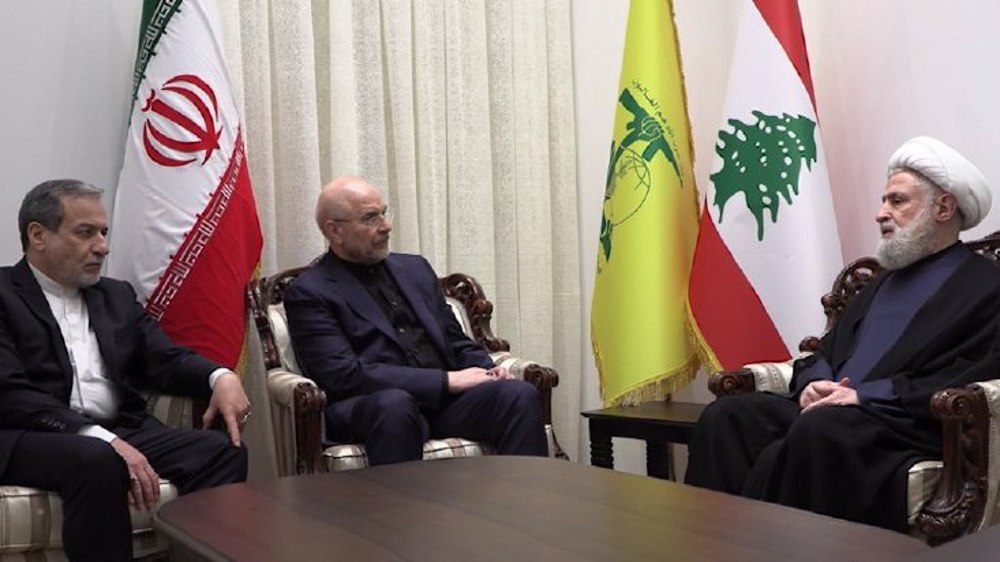
Iran’s parliament speaker, foreign minister meet Hezbollah chief in Beirut
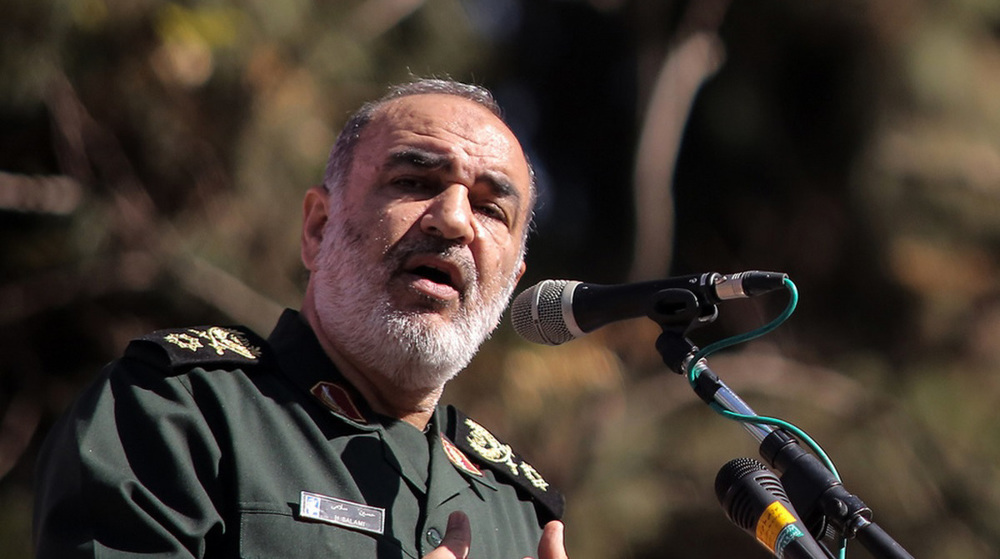
Flying warplanes over Beirut funeral exposed enemy’s fear of power, unity of nations: IRGC
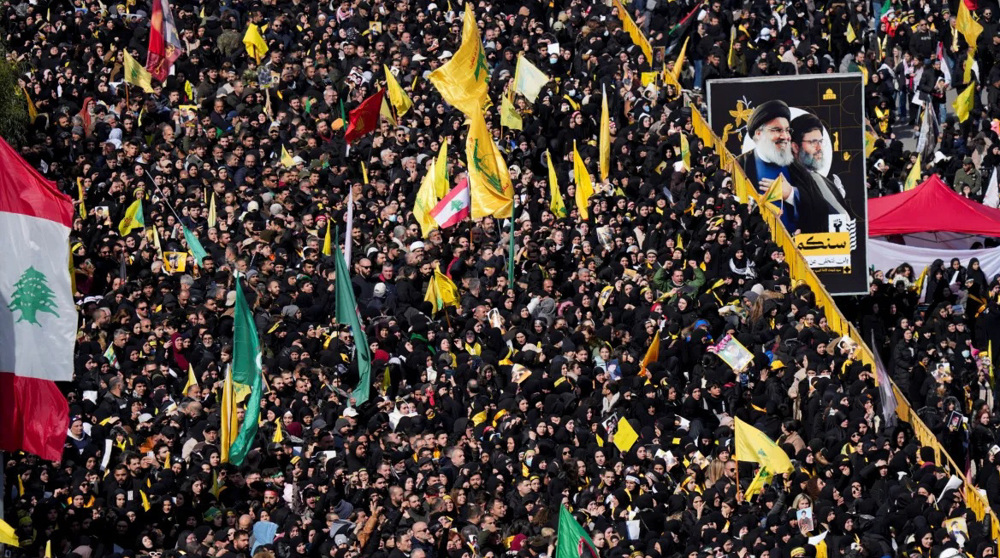
Hezbollah's display of power proved resistance cannot be eliminated: Iran parl. speaker
Iranian flotilla makes port call in India with 'friendship message'
How UK counter-terror police colluded with Zionists to detain me after Beirut trip
Biden, Blinken, Austin referred to ICC over Gaza war crimes
EU will 'do the same' if US implements tariff hikes: France
VIDEO | Press TV's news headlines
British celebrities condemn BBC removal of Gaza documentary
Iran Army acquires tactical vehicles, audio surveillance systems
VIDEO | UK police detain anti-Zionist scholar upon return from Lebanon


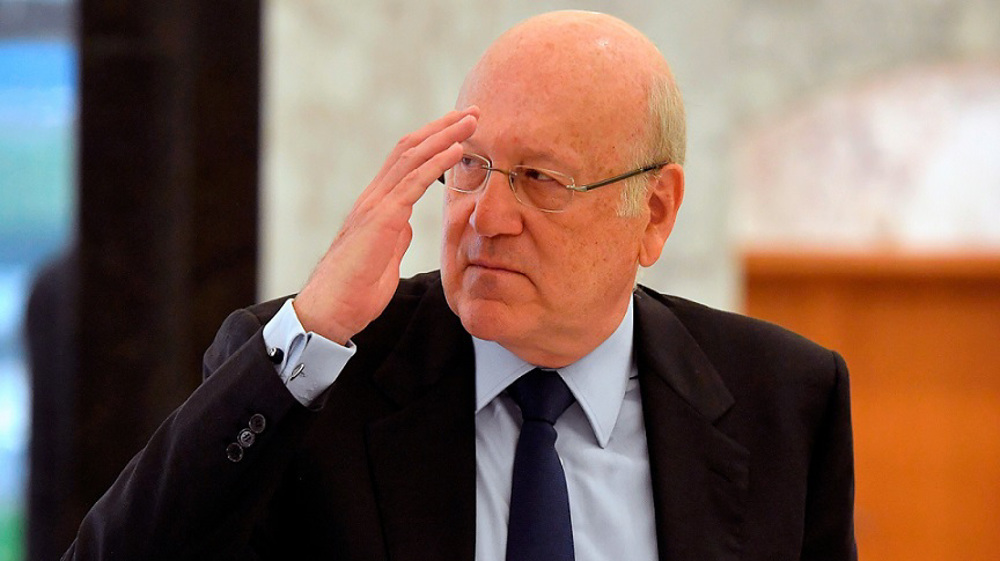



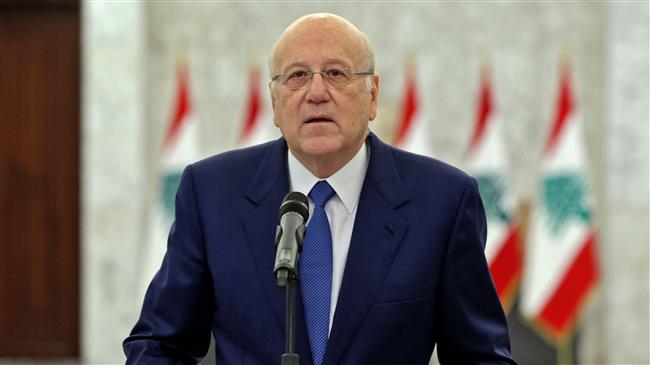
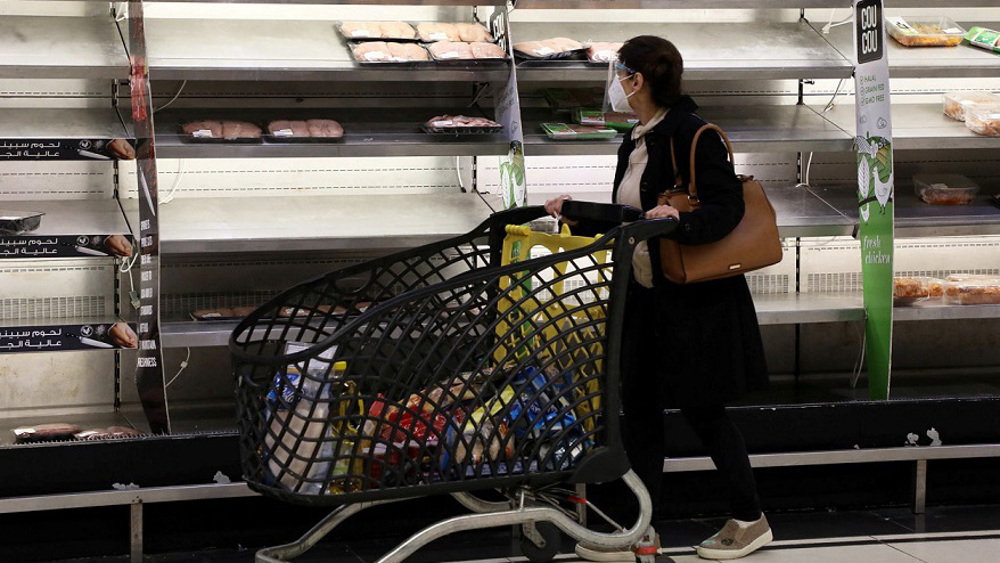
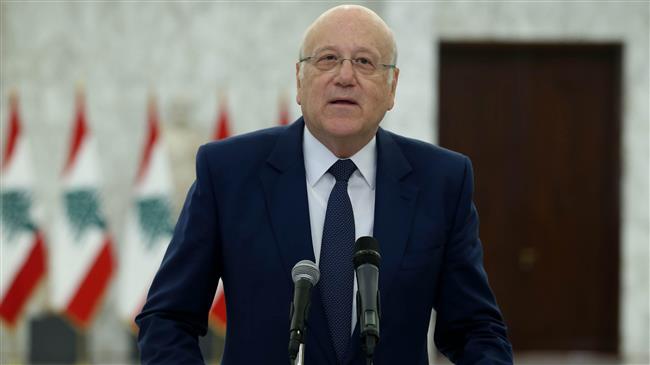
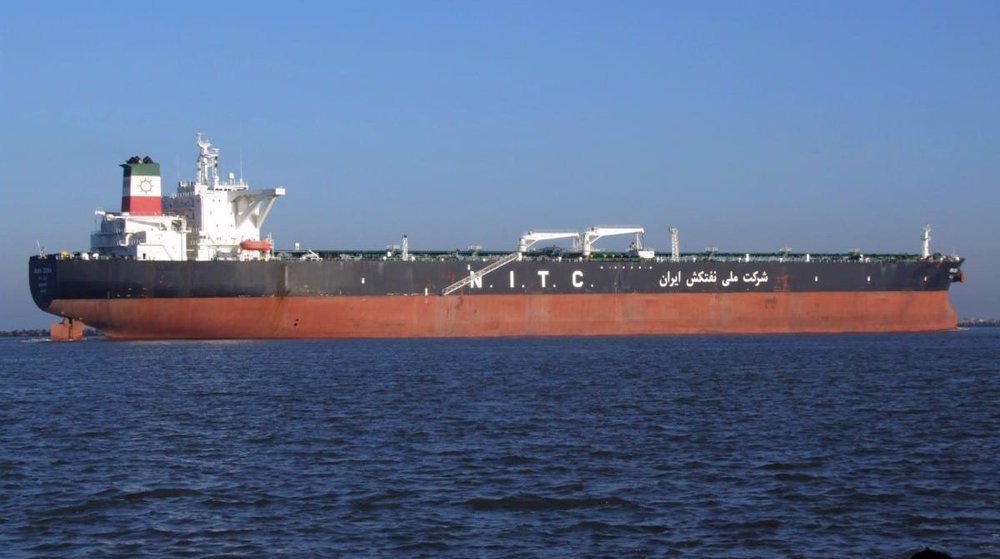
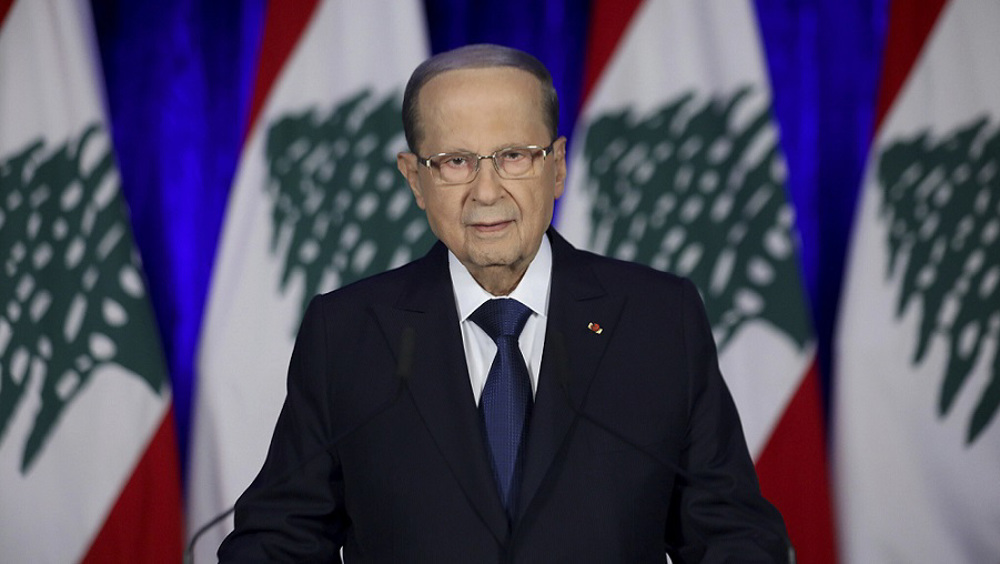

 This makes it easy to access the Press TV website
This makes it easy to access the Press TV website